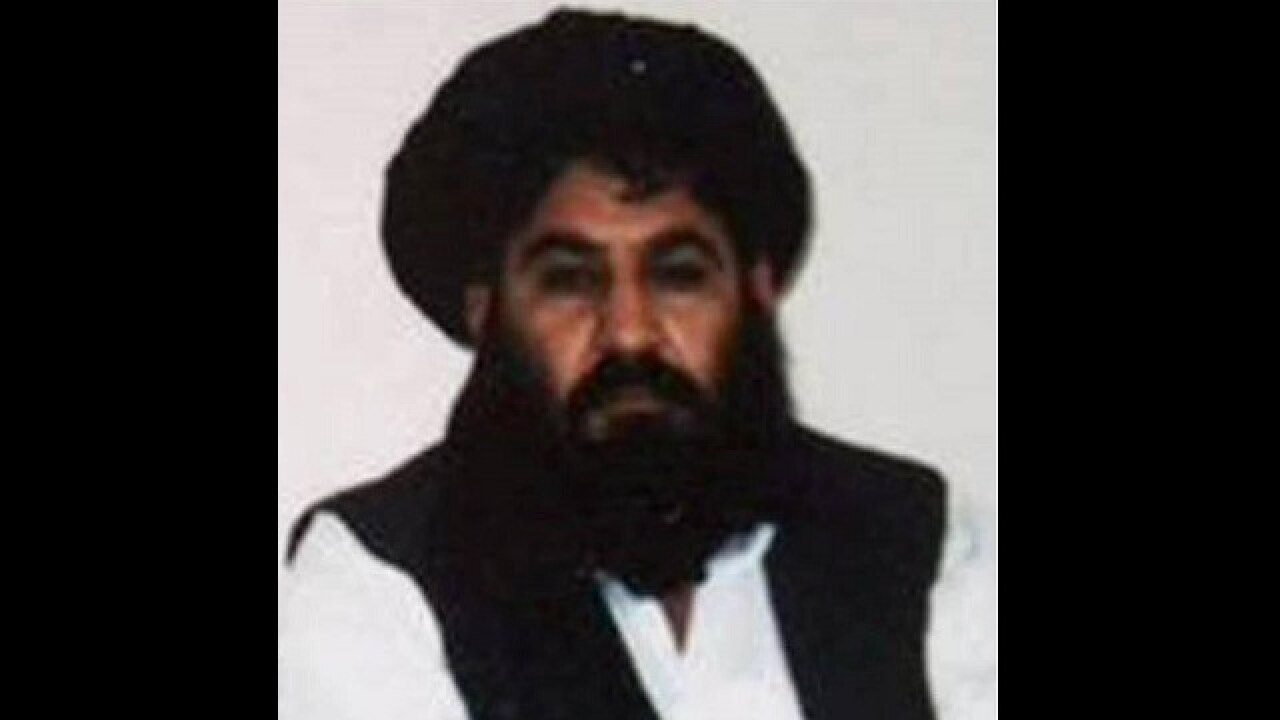
It is not yet clear Mullah Akhtar Mansour is dead though Afghanistan’s national directorate of security says he has been killed while travelling in a vehicle. The Taliban have not yet confirmed it, and Pakistan has protested that the Americans have used its territory without informing Islamabad. It can be assumed that Mansour has been killed because the drone attacks have been pretty close though very often innocent people had paid a price with their lives. The uncertainty surrounding the news of the death of Mansour is emblematic of the situation in Afghanistan — the half-life of the Taliban, America’s despair, the irritation of the elected government at Kabul and the ambiguous role of Pakistan in their handling of the Taliban. It took two years for the news of the death of Mullah Omar, the first Taliban supreme leader, to reach the world.
It is necessary to understand as to why Afghanistan, the US and Pakistan are negotiating with the Taliban on the one hand, while on the other hand Americans are fighting the hardliner Taliban, including Mansour. The Americans acknowledge the fact that there can be no peace and stability in Afghanistan unless the Taliban are re-integrated into the political process. At the same time, they recognise the need to eliminate militarily the hardliners who use guerrilla tactics and terror attacks to challenge and weaken the democratically-elected Afghan government. They refuse to accept the legitimacy of the West-sponsored democratic system in the country.
The position of the Taliban is complicated by the Pakistan connection. Most of the Taliban have their bases in Pakistan, especially after the Taliban were ejected out of Afghanistan in 2001 in the wake of the American invasion. Islamabad had been the lifeline of the Taliban when they were in power in Kabul from 1996 to 2001, and it is clear that Pakistan continues to support them. As a matter of fact, Pakistan’s participation in the Afghan peace talks is because of its support to the Taliban. It is not surprising that Pakistan refuses to clarify as to the presence of the Taliban in its territory, nor the kind of support it lends to the Islamist group.
The Americans find themselves in a tight spot, where they are forced to negotiate with a section of the Taliban and carry on a war against another section. The compulsions are understandable but the contradiction involved in the stance make the resolution of the problem difficult. It will be a difficult position to sustain. Similarly, Pakistan too has to make its stance towards the Taliban clear. Islamabad cannot be supporting the hardliners by allowing them to stay on in their territory and at the same participate in the peace talks pleading for the role of the Taliban in the Afghan political solution. It may be clever strategy to be on both sides of a divide, but it does not help in reaching a solution.
The position of the Afghan government is quite clear. They are willing to accommodate the Taliban if the Islamist group is willing to lay down arms and participate in a multi-party system. But the Taliban want to play for the maximalist position. They have shown no inclination to participate in a democratic system as one of the many players. They want to enter the system in order to subvert it later. Pakistan is supporting the Taliban’s half-hearted commitment to democracy. The US and Pakistan have to make their stand on the Taliban clear if there is to be a solution in Afghanistan.